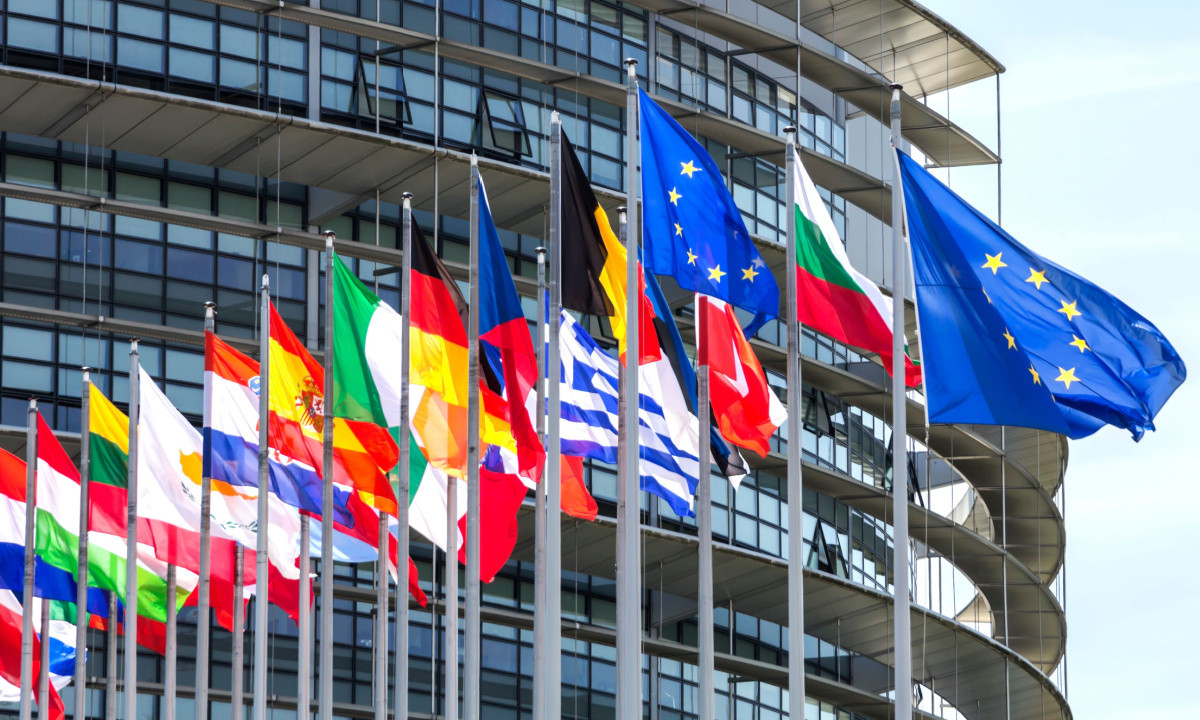
By: Giorgio Monti (D’Kart)
Europe is gearing up for the next Parliament and the next Commission, facing numerous emerging challenges. As the successors to Margrethe Vestager & Co. prepare to take their positions, what should the European Union prioritize? To help chart the way forward, the institutions sought reports from two prominent Italians: the Council turned to Enrico Letta, while the Commission consulted Mario Draghi. With the release of the Letta Report, D’Kart asked another notable Italian, Giorgio Monti, Professor at the Tilburg Law and Economics Center, to analyze it. Here is his report on the report.
I am puzzled by the title of Enrico Letta’s report on the internal market, issued in April 2024, “Much More than a Market.” Perhaps, inspired by Jacques Delors’ remark that “nobody can fall in love with the single market,” Letta thought that suggesting broader ambitions would make the report more politically engaging. However, the report focuses solely on enhancing the internal market as defined in the EU Treaties, where it is an element of a social market economy. This blog post is divided into three sections. First, I will comment on the style of the report; second, I will provide a brief review of the six chapters; and third, I will discuss aspects of the report that may be of particular interest to the competition law community.
Style
It’s impossible not to compare Letta’s report with Mario Monti’s “A New Strategy for the Single Market,” released on 9 May 2010. The date itself is symbolic: 9 May is Europe Day, commemorating the 1950 Schuman declaration that initiated the EU’s formation. Letta’s report, in contrast, was released in mid-April without any particular symbolism and at the tail end of the current Commission’s term, just before elections. This timing raises doubts about how memorable or impactful it will be once the EU resumes business post-elections.
Two notable differences stand out. First, Monti’s report features incisive analysis followed by precise recommendations, whereas Letta’s report is repetitive, with numerous recommendations scattered throughout. Letta provides three ‘roadmaps’ with timetables for some policy fields, which begs the question of why only certain topics are given detailed timelines while the majority are not—are these more important?
Second, one might expect the report to express some frustration. Much of Letta’s report covers issues that Mario Monti had already highlighted as crucial in 2010 for advancing Europe (e.g., opening the services market, liberalizing network industries, and enhancing enforcement). Despite these recommendations, little progress has been made. In 2010, Monti referred to the single market as “unfinished business,” hindered by national regulations stifling economic initiative and innovation (p.37). Yet, Letta’s report lacks any palpable frustration with the generations of politicians who have done little beyond reacting to immediate crises, often blaming the EU for unpopular decisions.
Featured News
Big Tech Braces for Potential Changes Under a Second Trump Presidency
Nov 6, 2024 by
CPI
Trump’s Potential Shift in US Antitrust Policy Raises Questions for Big Tech and Mergers
Nov 6, 2024 by
CPI
EU Set to Fine Apple in First Major Enforcement of Digital Markets Act
Nov 5, 2024 by
CPI
Six Indicted in Federal Bid-Rigging Schemes Involving Government IT Contracts
Nov 5, 2024 by
CPI
Ireland Secures First €3 Billion Apple Tax Payment, Boosting Exchequer Funds
Nov 5, 2024 by
CPI
Antitrust Mix by CPI
Antitrust Chronicle® – Remedies Revisited
Oct 30, 2024 by
CPI
Fixing the Fix: Updating Policy on Merger Remedies
Oct 30, 2024 by
CPI
Methodology Matters: The 2017 FTC Remedies Study
Oct 30, 2024 by
CPI
U.S. v. AT&T: Five Lessons for Vertical Merger Enforcement
Oct 30, 2024 by
CPI
The Search for Antitrust Remedies in Tech Leads Beyond Antitrust
Oct 30, 2024 by
CPI